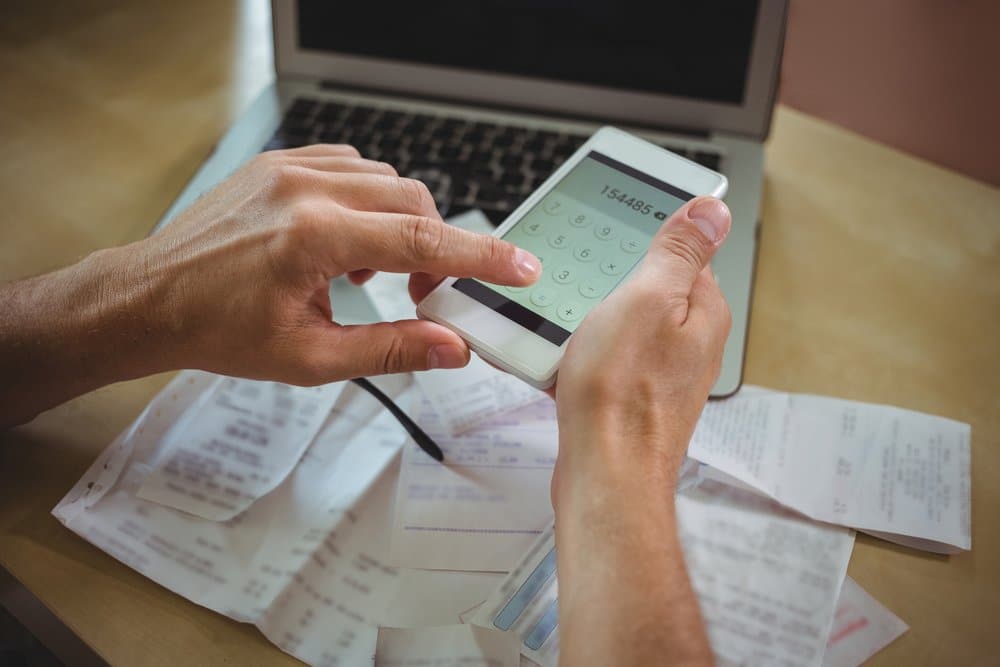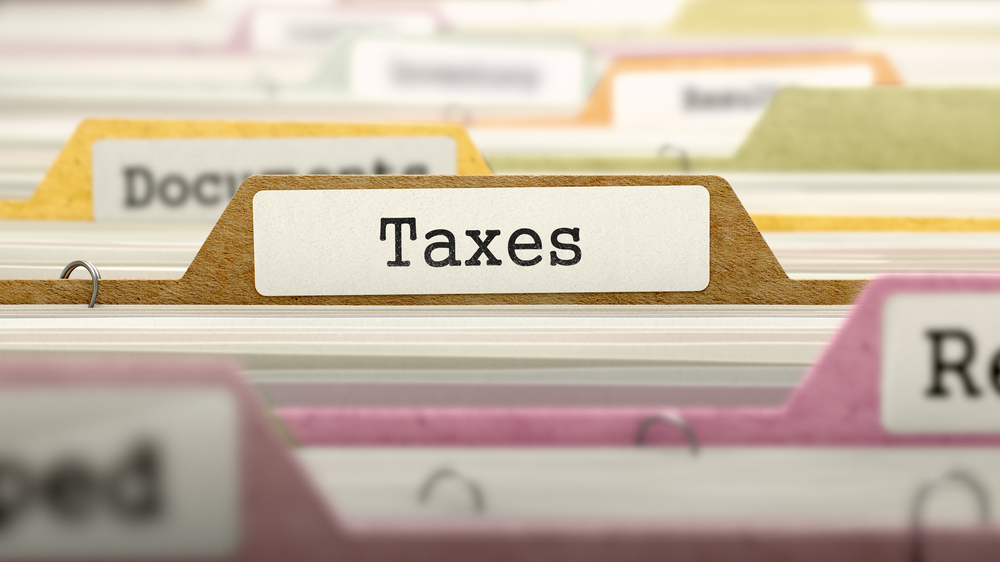Whack “finance to fund a tax bill” into Google, and you’ll see quite a few results.
There are tax loans, VAT loans, and a suite of similar financial products designed to get you out of a pinch.
So if you’re wondering whether it’s possible to finance a tax bill or VAT bill, the short answer is a definite “yes.”
But if you’re wondering whether you should finance this type of bill, you’re asking a very different question.
Back in March 2019, HMRC got into hot water for advising “tens of thousands of self-employed workers to consider remortgaging their homes or take out loans to settle huge tax bills.”
Admittedly that was referring to a specific, controversial type of tax bill. But it points to an underlying assumption that many people consider it a bad idea to borrow money to repay a bill.
Here are the problems you might be facing:
You forgot a tax bill would be due
Regular tax dates make it quite easy to remember when bills will be due, but if one does slip your mind, fear not. Take a look at your finances and see whether you have the working capital to make payments without disrupting your planned business activitiesta.
If you do, happy days. Just pay the bill and set a reminder in your calendar so you don’t forget next year.
If you’ve got enough to cover it but you had other plans for that cash, think about whether you can postpone them. This situation is an excellent prompt to create an emergency fund: A war chest of money set aside for just such situations that may arise in the future.
If you find you don’t have enough cash, read on.
You don’t have enough working capital to pay
This is when things can feel a bit more drastic. If you don’t have the cash available to pay your tax bill, you need to source some quickly. We never recommend not paying your bill, and hoping the problem will somehow go away.
Because it won’t.
The penalties for not paying a tax bill in the UK are severe:
- HMRC will take ‘enforcement action.’
- They may look to recoup your bill from your earnings or pension.
- A debt collection agency may repossess business or personal assets.
- They may take money directly from your bank account.
- You might receive a court summons.
- Your business could be bankrupted or closed down.
There will also be interest to pay on the unpaid amount, as well as various fees and legal expenses, depending on how far things go.
HMRC aren’t evil, however. There are processes in place to help businesses who are struggling to pay their tax bill.
If you contact them when you realise you have a problem, they will work with you to create an arrangement where you can pay in instalments, or receive an extension on the payment deadline.
You can find more information on the repayment process on the HMRC website.
How to pay an outstanding tax or VAT bill
It may be the case that your only option is to borrow to repay your bill. By understanding the types of business finance available, you set yourself up to only borrow what is necessary, and to do so efficiently and cost-effectively.
Let’s look at your options.
First up, depending on the size of the bill you’ve received, a business overdraft may cover you. This works the same as a personal overdraft: It’s a pre-agreed amount of cash that you can dip into as and when you need it. This is probably most suitable for topping up a bill that’s a bit higher than expected, rather than covering the full cost of a big one.
If an overdraft doesn’t cover it, you could look at releasing the capital locked in various parts of your business. Any high-value assets you own, for example, could be sold and leased back to you, ensuring an immediate lump sum without sacrificing ongoing access to the asset in question.
Invoice finance may be suitable, too. This unlocks the capital in your accounts receivable, giving a quick advance on pending cash. If you have a lot of customers with outstanding invoices but need working capital now, borrowing against invoices can help.
A small business loan could help, too. By borrowing a lump sum with a fixed interest rate and repayment term, you can pay your tax bill and enjoy the peace of mind that government bailiffs won’t be paying you a visit.
Don’t ignore it!
Whatever you do, please don’t ignore an outstanding tax or VAT bill and hope it will go away. It won’t.
HMRC are not out to destroy businesses, but they will come after you if you don’t pay. They will come down harder and quicker if you make zero effort to explain the situation, too.
Remember what we said:
- Try to find working capital in your business so you can pay without borrowing.
- Speak to HMRC to see whether they can grant an extension, or allow you to pay by instalments rather than a lump sum.
- If you can’t find capital in your business, look at the borrowing options available to you and choose the one that fits best.
We can help with the last point. Our business is built on matching entrepreneurs and managing directors with the finance solutions they need to take their companies to the next level, whatever this looks like.
Although tax and VAT bills can be a pain, they don’t need to be the downfall of your business. Just give us a bell, and we’ll help you through this tough patch. Learn more about the pros & cons of using short-term loans for taxes in our helpful guide.
Get in touch today to discuss business loan opportunities in the UK with Funding Guru.




